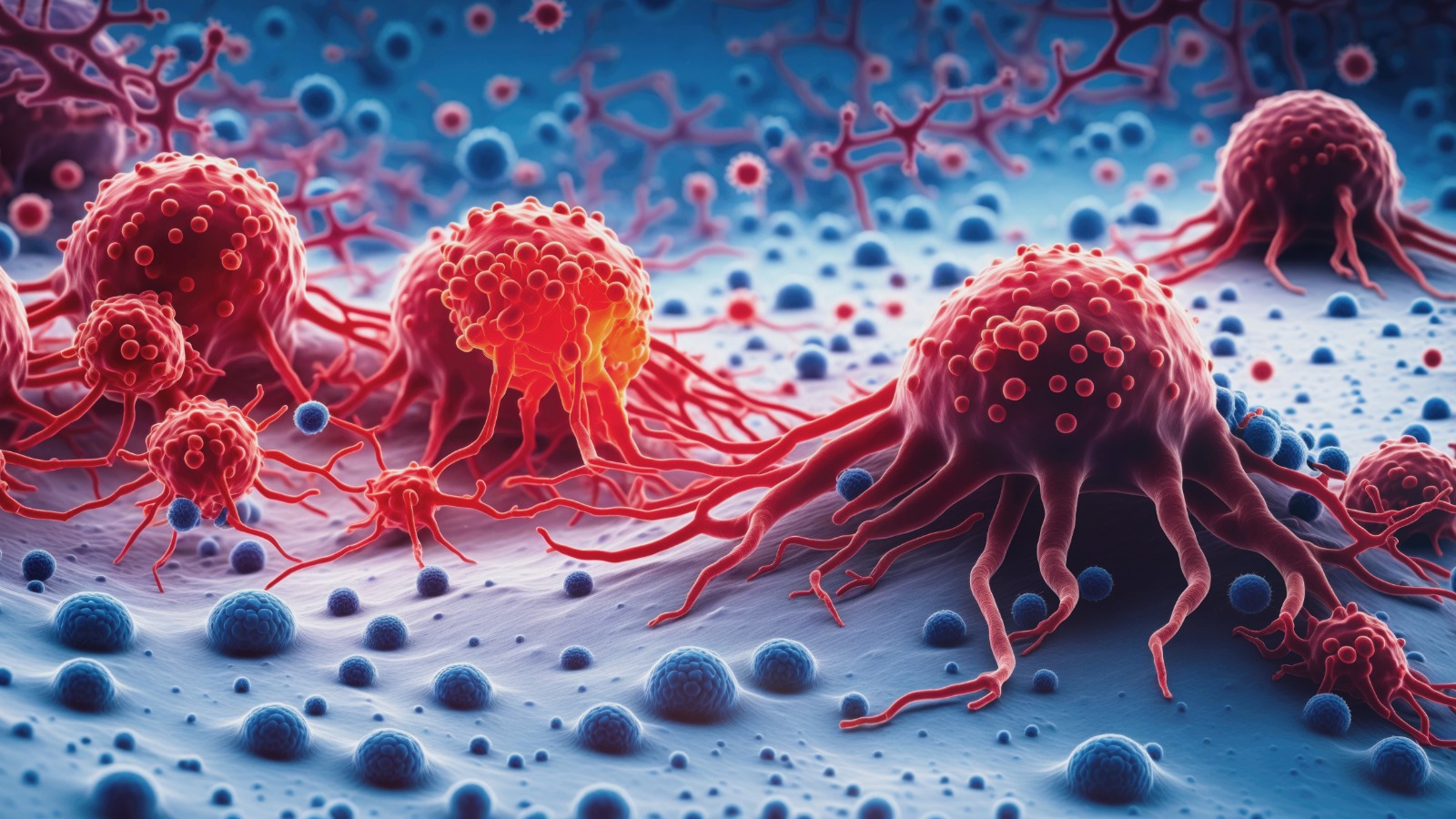Now Reading: Could the Elephant’s Cancer-Resistant Gene Unlock Breakthroughs for Humans?
-
01
Could the Elephant’s Cancer-Resistant Gene Unlock Breakthroughs for Humans?
Could the Elephant’s Cancer-Resistant Gene Unlock Breakthroughs for Humans?

Quick Summary
- Peto’s Paradox: Large animals with numerous cells,like elephants and whales,tend to experience substantially lower cancer rates than humans despite their size and lifespan.
- Elephant Cancer Resistance: Elephants carry 19 extra copies of a cancer-stopping gene called TP53, wich helps detect DNA damage and trigger cell death in potentially malignant cells.
- Broader Study Findings: A new study analyzing 16,000 necropsy records across nearly 300 animal species revealed diverse cancer resistance strategies beyond just carrying extra copies of TP53.
– Birds, bats, and certain reptiles displayed low cancer incidence.
– Larger body mass increased the likelihood of developing cancer but not as strongly as expected.Longer gestation periods were linked to lower risks due to enhanced cellular safeguards during fetal development.
- Captivity Insight: Animals in captivity did not show artificially heightened cancer rates even with extended lifespans compared to wild counterparts.
- Human Implications: TP53 already plays a vital role in human anti-cancer defense; understanding mechanisms from elephants and other species could inspire novel treatments aimed at boosting human cellular resilience.
Indian Opinion Analysis
This research highlights the intricate relationship between biology, evolution, and disease resistance-contributing valuable insights into global health challenges like cancer prevention. For India, where rising cases of lifestyle-related cancers are a major public health concern (713K deaths reported due to neoplasms** as per WHO data), cross-species genetic studies hold promise for innovative solutions. Collaborative efforts integrating findings from wildlife biology into biomedical research could accelerate advancements while fostering India’s standing in global biotech innovation.The emphasis on factors like gestation length further underscores India’s need for heightened prenatal care investments ensuring fetal health-a potentially important step toward combating hereditary diseases or vulnerabilities later in life.
Moreover culturally symbolic animals such as elephants thriving employ inadvertently surrounding symbiotic landscape conservation Other applause























